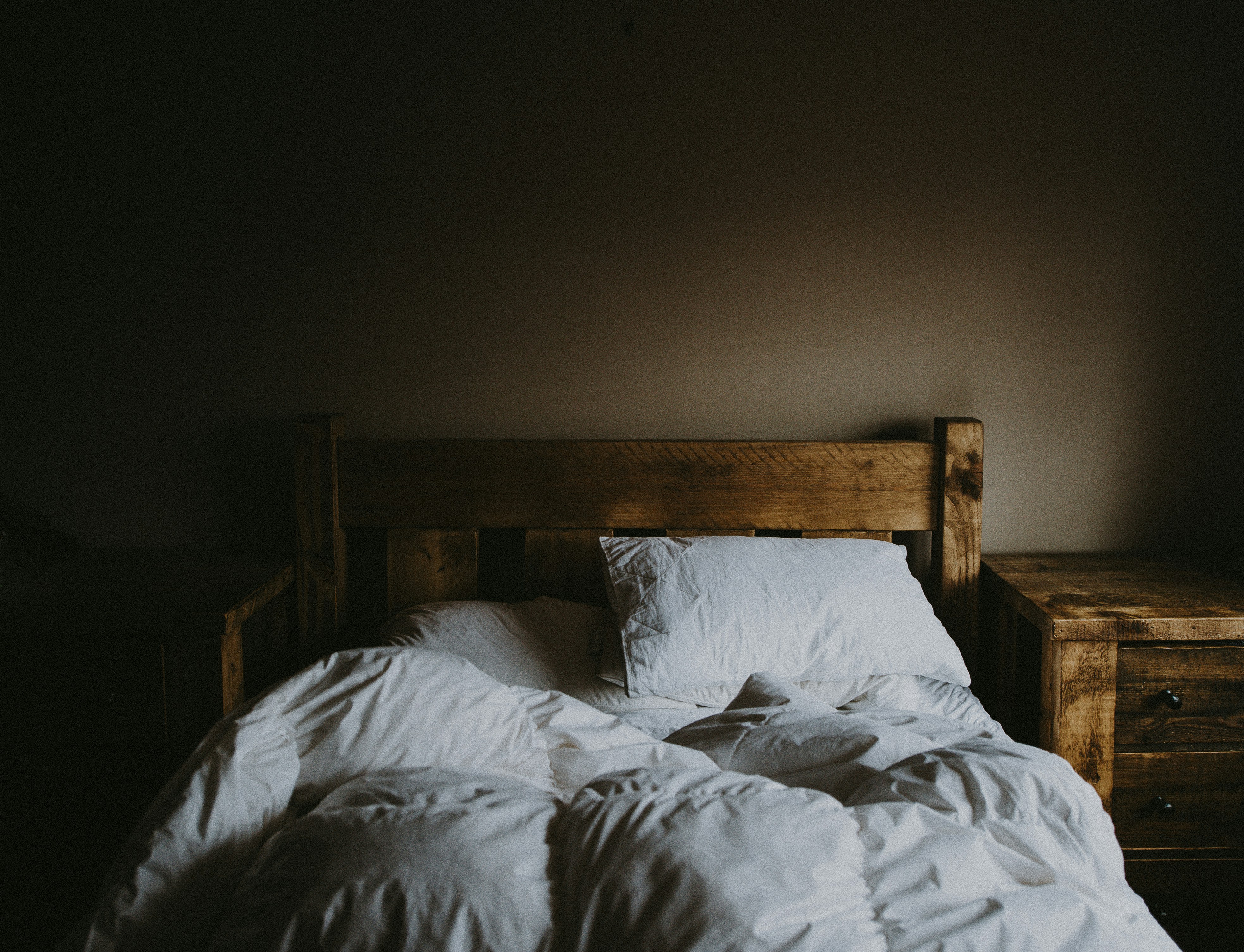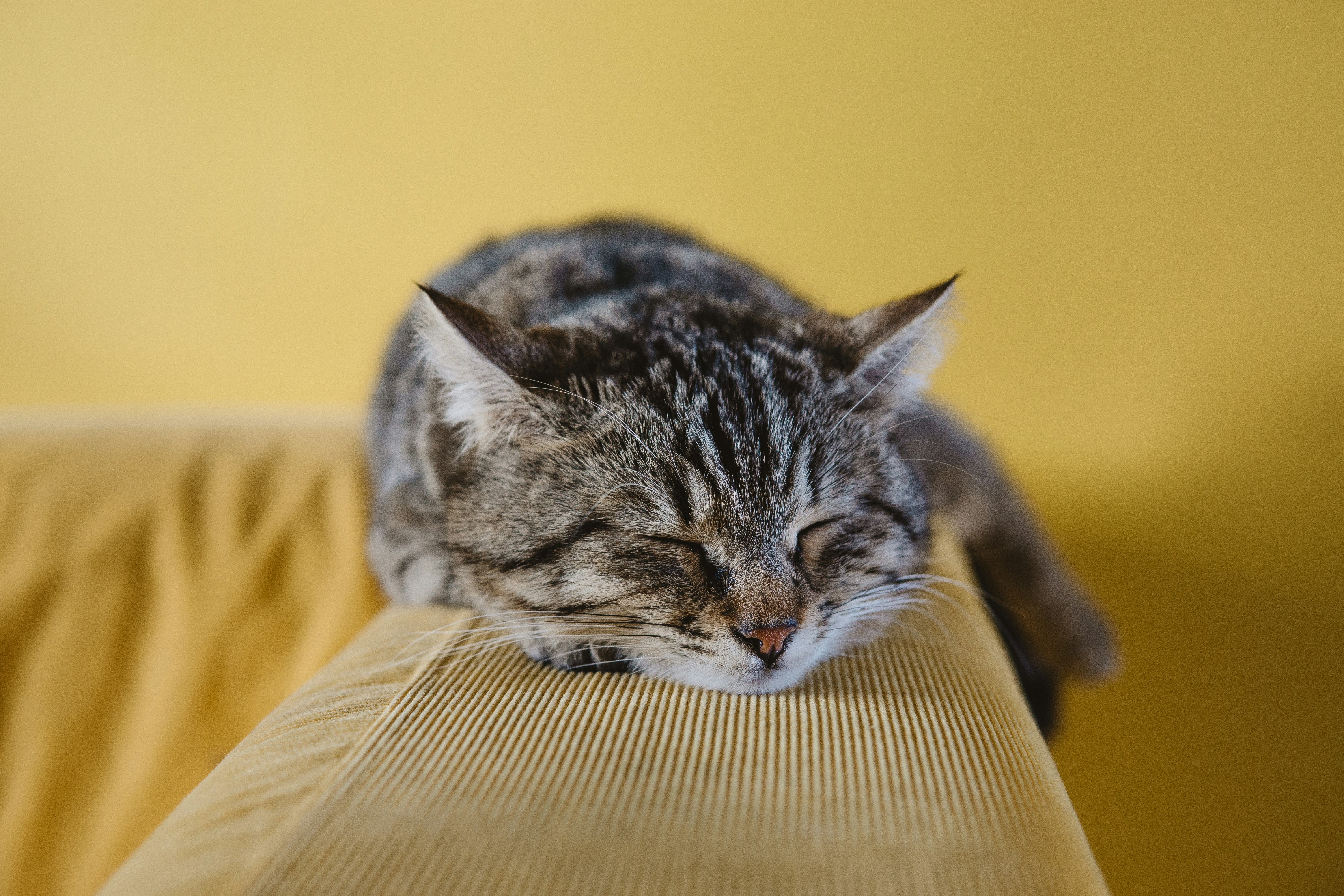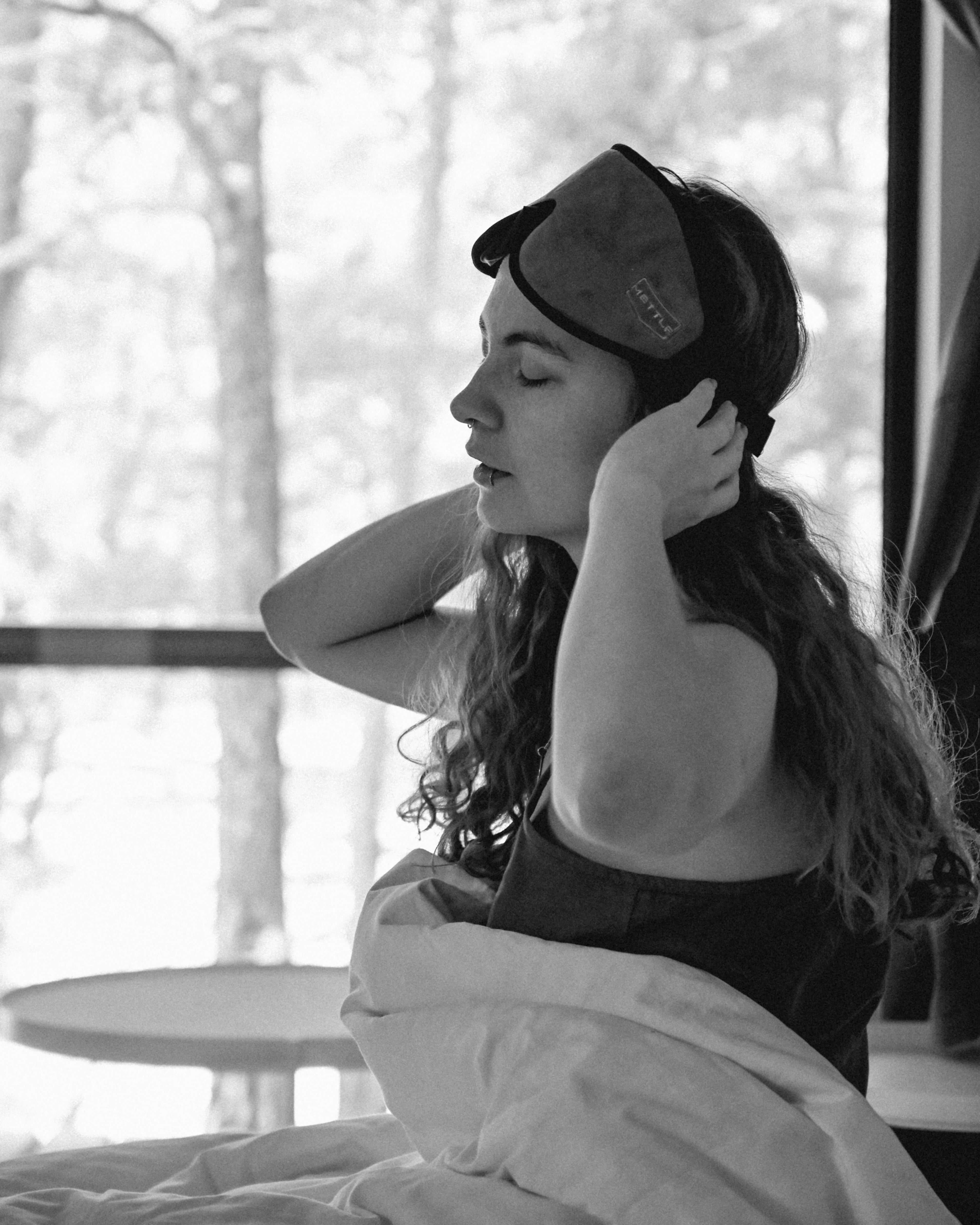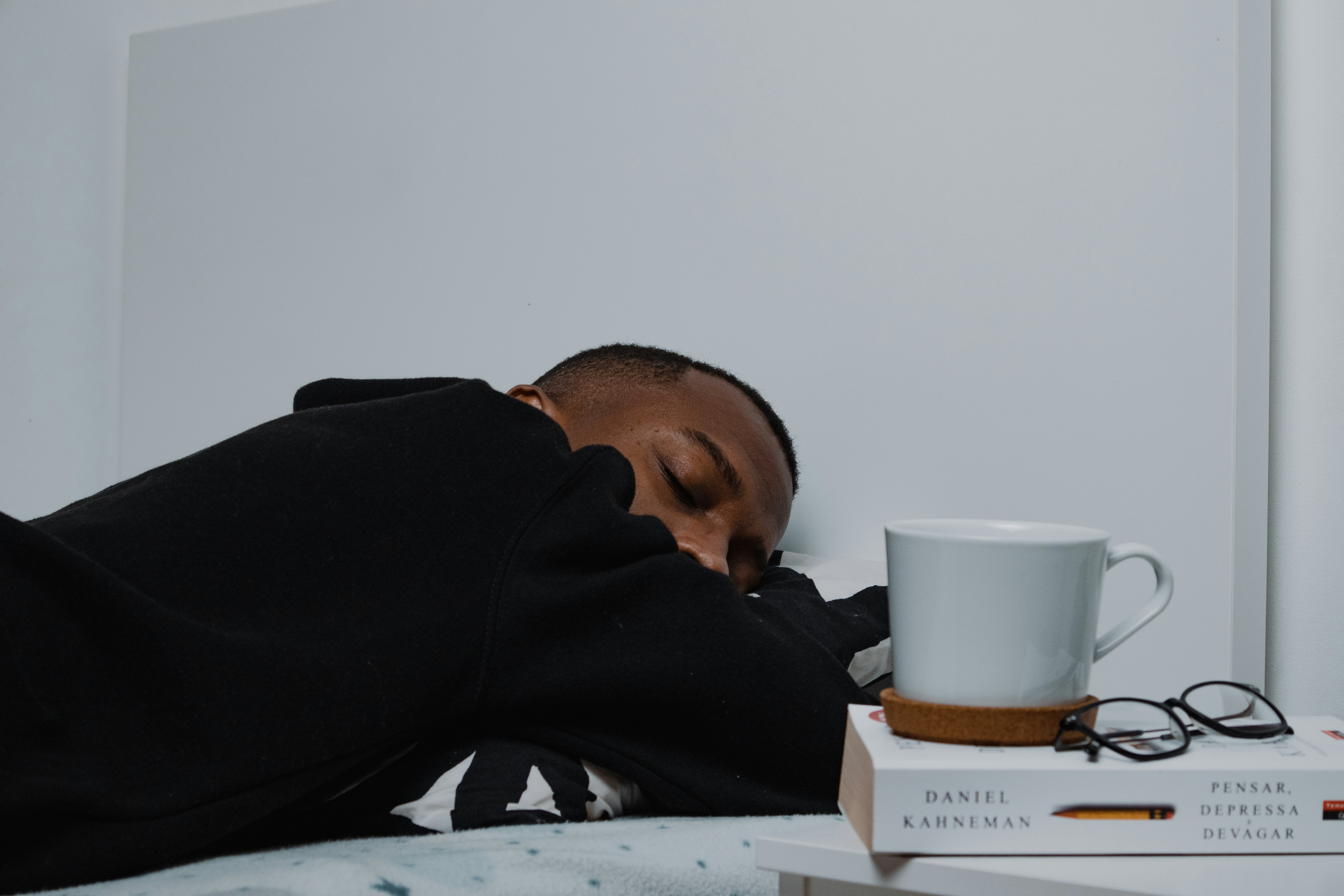How Exercise Influences Sleep: Benefits and Best Practices

How Exercise Influences Sleep: Benefits and Best Practices
Physical activity is a powerful natural aid for sleep. Regular exercise enhances sleep quality, duration, and efficiency, but timing and intensity matter.
Benefits of Exercise on Sleep
- Increases total sleep time , especially deep slow-wave sleep
- Reduces sleep onset latency (fall asleep faster)
- Alleviates symptoms of insomnia and sleep apnea
- Improves mood and reduces stress , both contributing to better sleep
How Exercise Works
Exercise boosts adenosine buildup in the brain, promoting sleepiness. It also reduces cortisol, a stress hormone that interferes with sleep.
Best Types of Exercise for Sleep
- Aerobic exercise (walking, running, swimming) is most effective.
- Yoga and stretching improve relaxation and reduce anxiety.
- Resistance training also shows positive effects on sleep quality.
Timing of Exercise
- Morning or afternoon exercise is ideal.
- Vigorous exercise within 1–2 hours before bed may delay sleep onset for some people.
- Light to moderate evening exercise can be relaxing and help sleep.
Exercise Recommendations
- Aim for at least 150 minutes of moderate aerobic exercise weekly.
- Incorporate strength training 2–3 times per week.
- Listen to your body to find optimal timing and intensity.
Conclusion
Regular exercise is a natural, accessible way to improve sleep. Combined with good sleep hygiene, it can significantly enhance overall sleep health.
Tags : Exercise , Physical Activity , Insomnia , Sleep Quality , Health




